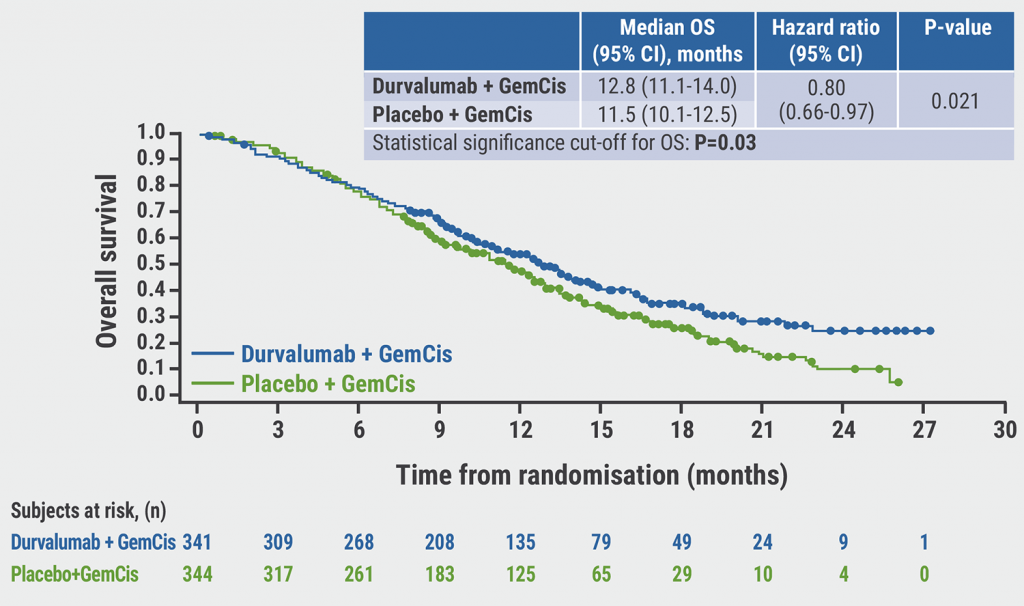“TNT is the clear standard-of-care in patients with LARC,” explained Dr Emma Holliday (MD Anderson Cancer Center, University of Texas, TX, USA). “The RAPIDO trial (NCT01558921) compared TNT with standard-of-care in patients with LARC who displayed at least one high-risk feature. TNT was favoured over the standard-of-care with regard to the primary endpoint, 3-year disease-related treatment failure (HR 0.75; P=0.019). This effect was mainly driven by distant metastases (HR 0.69; P=0.0048) [2]. In addition, the phase 3 PRODIGE 23 trial (NCT01804790) also demonstrated improved short-term and long-term outcomes of TNT compared with standard-of-care. “However, it has not yet been established whether SCR or LC-CRT is the best option for these patients.”
SCR is defined as delivering 25 Gy in 5 days, whereas LC-CRT consist of 45–50 Gy given in 25 days. Several phase 3 trials have demonstrated comparable efficacy and toxicity profiles of these options [3–5]. “However, with SCR, chemotherapy can be administrated earlier, which is especially important for patients with high-risk features. Moreover, in the light of the current COVID-19 pandemic, SCR provides a reduced exposure of our patients to the healthcare system, decreasing the risk of infection. Finally, SCR is less costly than LC-CRT.
“Preliminary results from the OPRA trial (NCT02008656) showed that LC-CRT may be the preferred option if a watch and wait strategy is indicated [6]. This approach has been associated with improved organ preservation in this population. However, SCR may be used in this population as well, but we need to wait for more evidence. Currently, randomised trials are running to investigate this matter.” In anticipation of more results, we need to discuss in multidisciplinary team and perhaps reserve PRODIGE 23 for fit young people with high locally advanced disease.
- Holliday EB, et al. Short-course radiotherapy vs Long course chemoradiation: As a component of TNT for LARC. Total Neoadjuvant Therapy for Rectal Cancer: The Key Considerations. ASCO GI 2022, 20–22 January.
- Bahadoer RR, et al. Lancet Oncol. 2021;22(1):29–42.
- Bujko K, et al. Br J Surg. 2006;93(10):1215–1223.
- Erlandsson J, et al. Lancet Oncol. 2017;18(3):336–346.
- Ngan SY, et al. J Clin Oncol. 2012;30(31):3827–3833.
- Garcia-Aguilar J, et al. Abstract 4008, ASCO 2020, 29–31 May.
Copyright ©2022 Medicom Medical Publishers
Posted on
Previous Article
« Adjuvant S-1 therapy superior to observation in resected biliary tract cancer Next Article
Prognostic impact of early oxaliplatin discontinuation in colon cancer unravelled »
« Adjuvant S-1 therapy superior to observation in resected biliary tract cancer Next Article
Prognostic impact of early oxaliplatin discontinuation in colon cancer unravelled »
Related Articles


March 21, 2022
Dostarlimab may offer an alternative for dMMR rectal cancer
March 21, 2022
Updates on pembrolizumab for oesophageal and gastric cancer
© 2024 Medicom Medical Publishers. All rights reserved. Terms and Conditions | Privacy Policy

